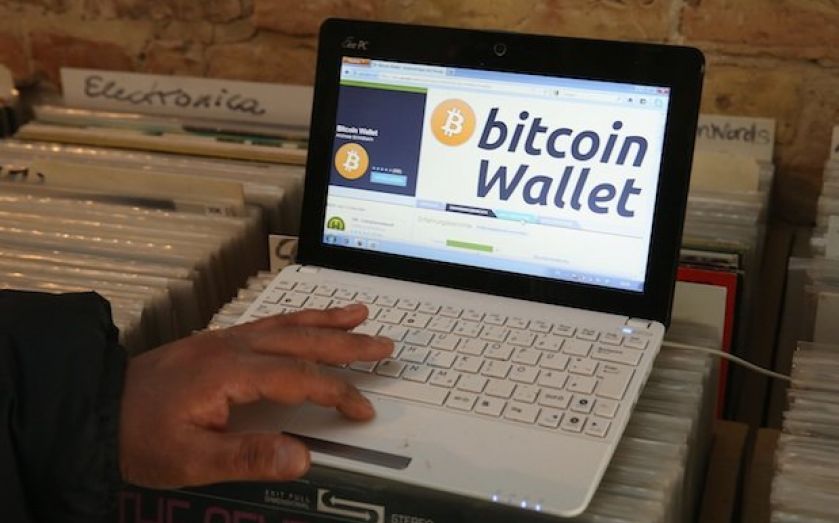The Long View: Our digital technologies prove that freedom is more than just a rallying cry

FREEDOM isn’t just a rallying call, it is a practical way to transform the world for the better. Letting people make their own choices scorns the arrogance of narrow elites, preferring instead the riches found in every individual’s contribution. That seismic shift opens huge, untapped reserves of human potential.
And since it starts by recognising individual value, freedom is also attuned to return value to everyone. Free markets have made the world immeasurably richer, and in the process they are rescuing more and more of the human family from the grinding misery of poverty. In 1970, over a quarter of the world’s people, 26.8 per cent, lived on less than a dollar a day. Then, thanks to the expansion of free and entrepreneurial trade, the world grew closer together. By 2006, there were almost twice as many of us on earth, but just 5.4 per cent of people knew such poverty. President of the American Enterprise Institute Arthur Brooks has called it the greatest achievement in human history.
You probably haven’t even heard about this near-miraculous transformation. The scale of freedom’s success is so big that people sometimes find it hard to see. And there are always plenty of vested interests ready to help pull down the blinds. Releasing freedom’s energies takes courage. It requires those with the power of command to give it up, accepting many individuals choosing freely can outperform their best and wisest efforts.
Yet even when shackled, liberty is a slumbering giant, a promise waiting in the depths of every human heart. And sometimes the vast scale on which it can act is brought home to us. Today, nothing offers that opportunity so directly as our accelerating digital technologies.
The economist Eli Dourado recently discussed the cryptocurrency Bitcoin by analogy to the internet. In both, he identifies a zone open to what Vint Cerf, one of the fathers of the internet, has called “permissionless innovation”.
Elsewhere, all the talk is of ramping up regulation. Yet tech shows us an industry still largely refined not by top-down precaution but the feedback mechanisms of consumer demand and legal liability. The result is amazing products emerging and evolving faster than we can comprehend: mass market supercomputers that fit in a pocket; free encyclopedias more comprehensive and accurate than ever before; 3D printers and self-driving cars.
Now, as companies forged in the white heat of this technological revolution start to expand into the physical world, they are testing freedom’s limits. Firms like AirBnB and Uber launch only to discover protectionist or simply outdated regulations blocking their way. They have to hope the strength of their customers’ passion will be enough to tear down such walls.
It is the great question of our time: will these champions of freedom’s practical power be able to download their ethos into the offline world? Or will the fears of the high and mighty win out? Freedom only suffers setbacks, never defeat, but in this battle I know which side I am on.
Marc Sidwell is managing editor of City A.M.